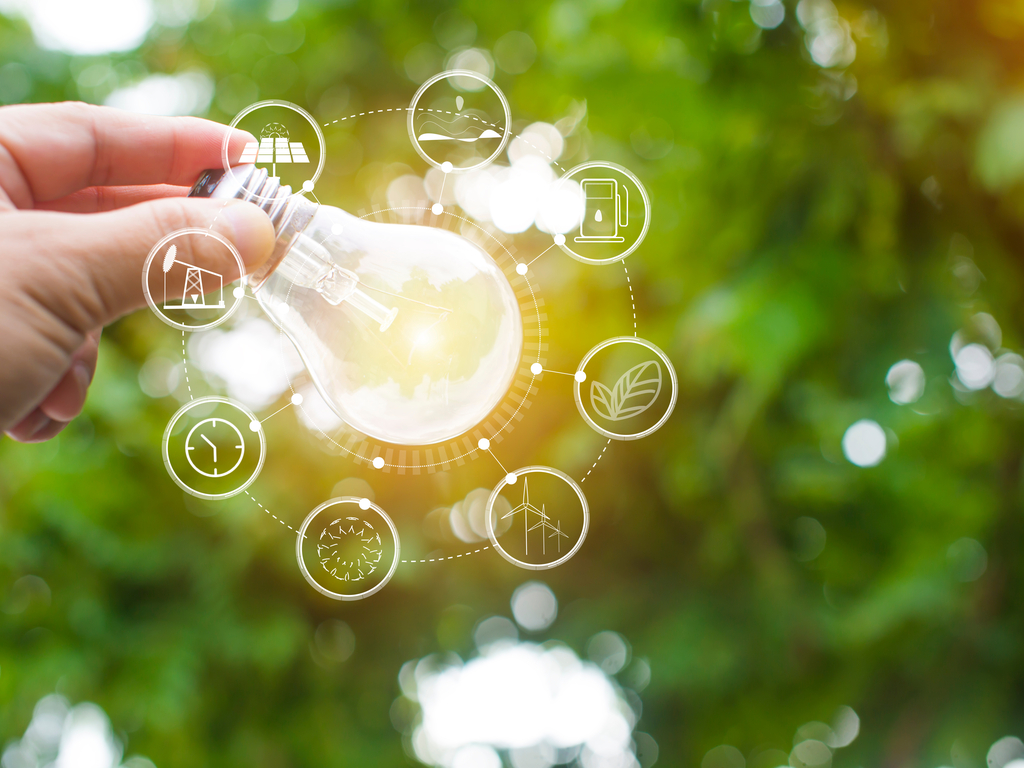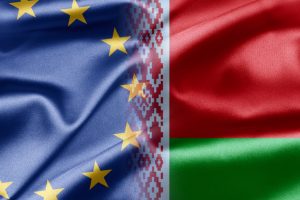The Board of Executive Directors of the World Bank has authorized the allocation of $99.3 million for a new project designed to expand sustainable energy usage in Belarus.
Apart from the World Bank money Belarus will get $99.3 million from the European Investment Bank and $3.65 million the Global Environment Facility (GEF). The project’s total budget makes up $202.25 million.
The project is aimed at increasing the scale of sustainable energy usage by means of switching boilers that burn natural gas to wooden biomass and by means of thermal modernization of apartment buildings. Apart from that, the project provides for rendering technical aid for the sake of implementing an insurance program on thermal modernization. The project provides for raising the awareness of Belarusian households about a new financial tool that allows co-financing the thermal modernization of apartment buildings.
The first component of the project will focus on reducing the consumption of natural gas by means of replacing natural gas boilers with those that burn biomass, by installing wood chippers and fuel storage facilities, and by modernizing heating pipeline networks. The second component will focus on the thermal modernization of apartment buildings in two pilot oblasts (Grodno Oblast and Mogilev Oblast). About 250 apartment buildings will undergo thermal modernization as part of the project. These households will be able to lower their utility bills by up to 40% after the work is done.
World Bank Country Manager for Belarus Alex Kremer said: “Nowadays many Belarusians would like to upgrade the thermal insulation of their homes and install heating control and measurement systems in their apartments, however, it is quite expensive in most cases. We hope that grants and long-term loans to be made available as part of the project will encourage households to invest in thermal modernization, thus increasing the level of comfort and reducing heat consumption.”
A presidential decree was passed in September 2019 to encourage residents of apartment buildings to improve the thermal insulation of their homes by means of installment plans lasting for up to 15 years and by means of non-repayable subsidies of up to 50% from the government. The World Bank and the European Investment Bank will take care of the state share in Grodno Oblast and Mogilev Oblast in 2020-2025.
Belarus became a World Bank member in 1992. Since then the country has borrowed $1.7 billion from the bank. At present the World Bank’s investment portfolio in Belarus includes eight projects to the tune of $843.41 million.




